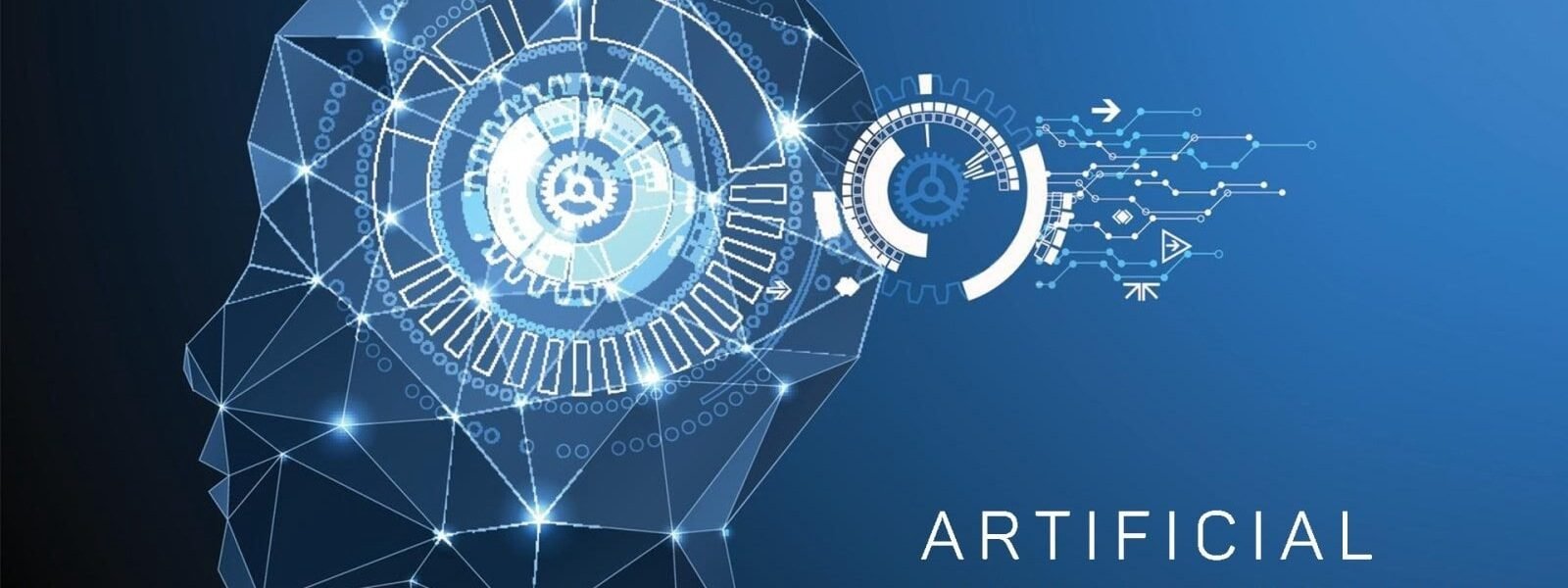Artificial Intelligence (AI) is revolutionizing the gaming industry, offering innovative solutions to enhance gameplay experiences for players of all levels. From adaptive difficulty settings to personalized content recommendations, AI-driven technologies are reshaping the landscape of gaming in ways that cater to individual preferences and skill levels. This article explores how AI is making gaming better for all players.

Adaptive Difficulty Levels of Artificial Intelligence (AI)
One of the most significant contributions of Artificial Intelligence (AI) to gaming is its ability to dynamically adjust difficulty levels based on player performance and skill progression. Traditional static difficulty settings often pose challenges for players, either being too easy or too difficult, leading to frustration or boredom. Artificial Intelligence (AI)-powered systems analyze player behavior in real-time, fine-tuning gameplay elements such as enemy AI behavior, level design, and resource distribution to provide a tailored experience that remains engaging and challenging without becoming overwhelming.
Personalized Recommendations and Content
AI algorithms analyze vast amounts of player data, including gaming preferences, play styles, and previous interactions, to deliver personalized recommendations and content. Whether suggesting new games based on past gaming history or offering in-game content tailored to individual interests, AI-driven recommendation systems enhance the overall gaming experience by helping players discover relevant and enjoyable content without the need for extensive manual search.
Intelligent NPCs and Non-Linear Narratives
Artificial Intelligence (AI) technologies enable the creation of more intelligent and responsive non-player characters (NPCs), enhancing immersion and storytelling within games. Advanced AI algorithms allow NPCs to adapt to player choices and behaviors, providing dynamic interactions and branching narratives that evolve based on player decisions. This level of AI-driven storytelling adds depth and replayability to games, offering players unique experiences with each playthrough.
Realistic Environments and Behaviors
Artificial Intelligence (AI)-powered procedural generation techniques enable the creation of vast and realistic virtual environments that evolve dynamically over time. From lifelike weather systems and day-night cycles to complex ecosystems and population dynamics, AI-driven algorithms simulate dynamic environments that react to player actions and external influences. This realism enhances immersion and exploration within game worlds, creating more engaging and immersive experiences for players.
Enhanced Accessibility and Inclusivity
AI technologies play a crucial role in improving accessibility and inclusivity within the gaming community by offering customizable options and assistive features. AI-driven tools such as speech recognition, text-to-speech conversion, and adaptive controllers enable players with disabilities to enjoy games on their own terms, removing barriers and ensuring that gaming experiences are accessible to all.
Conclusion of Artificial Intelligence (AI) can make gaming better for all players
As Artificial Intelligence (AI) continues to evolve, its impact on the gaming industry will only grow, ushering in a new era of immersive and personalized gaming experiences for players of all backgrounds and skill levels. From adaptive difficulty settings and personalized recommendations to intelligent NPCs and enhanced accessibility features, AI-driven technologies are transforming the way we play and interact with games. By harnessing the power of AI, game developers can create more engaging, inclusive, and enjoyable experiences that resonate with players around the world, ultimately making gaming better for all.




